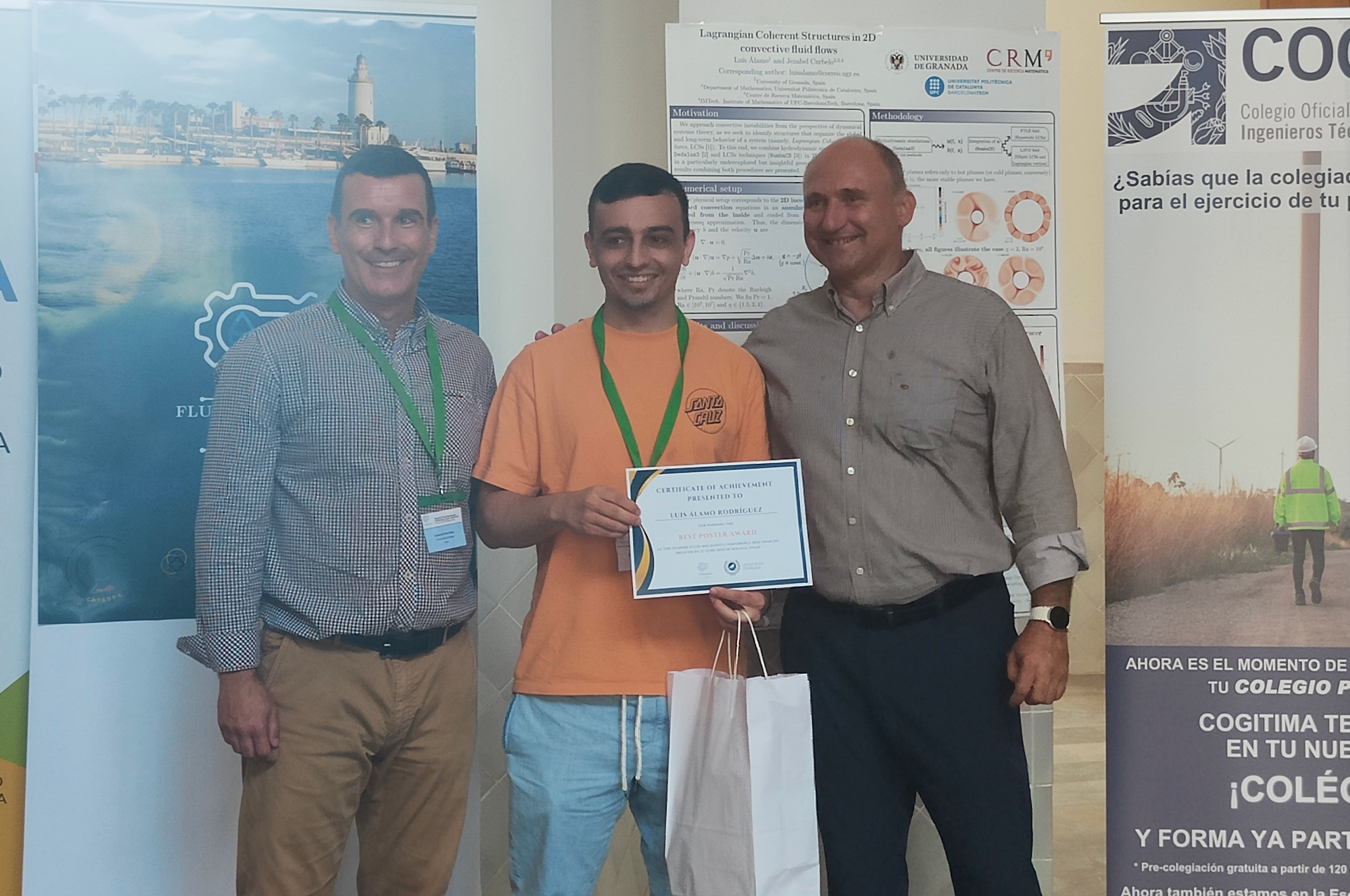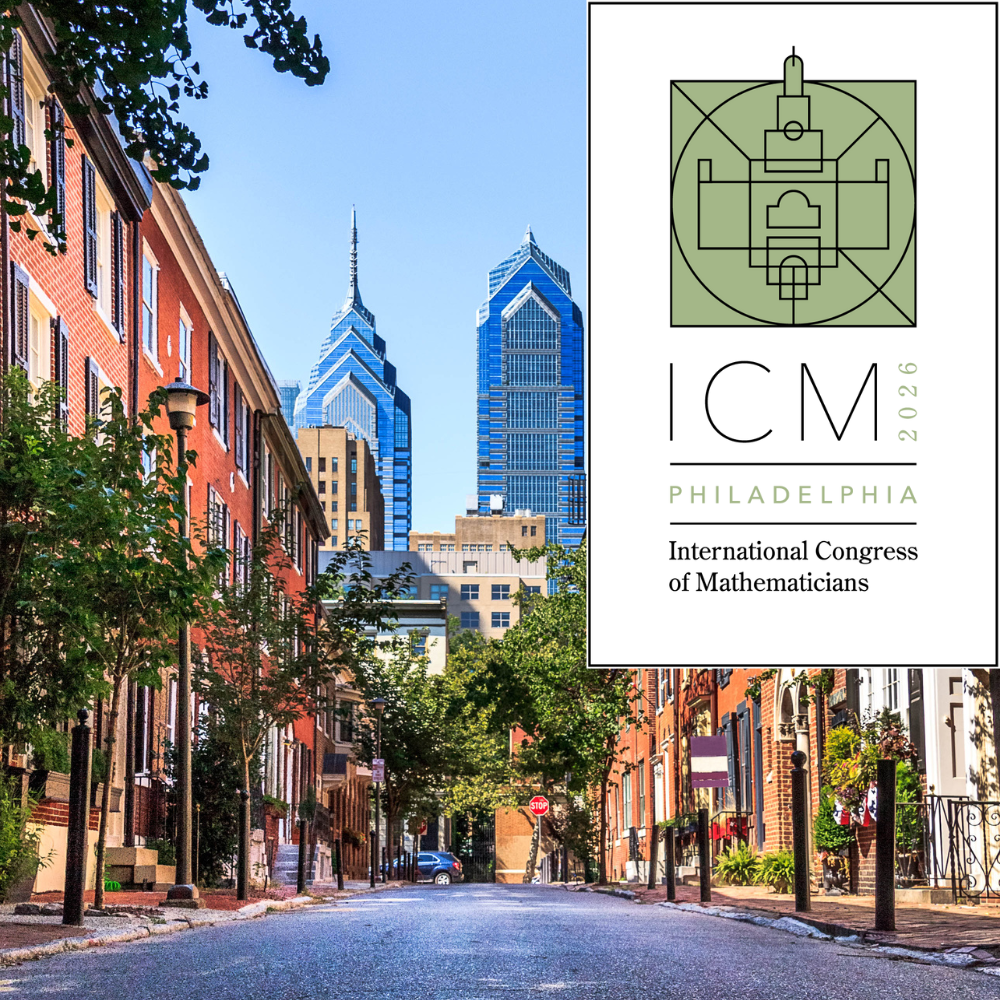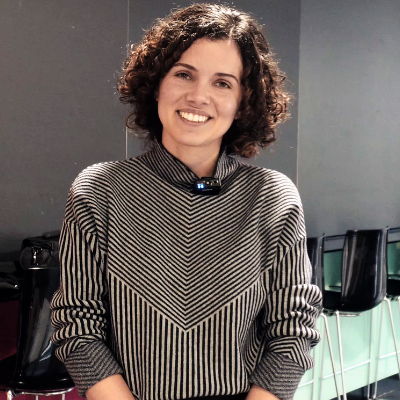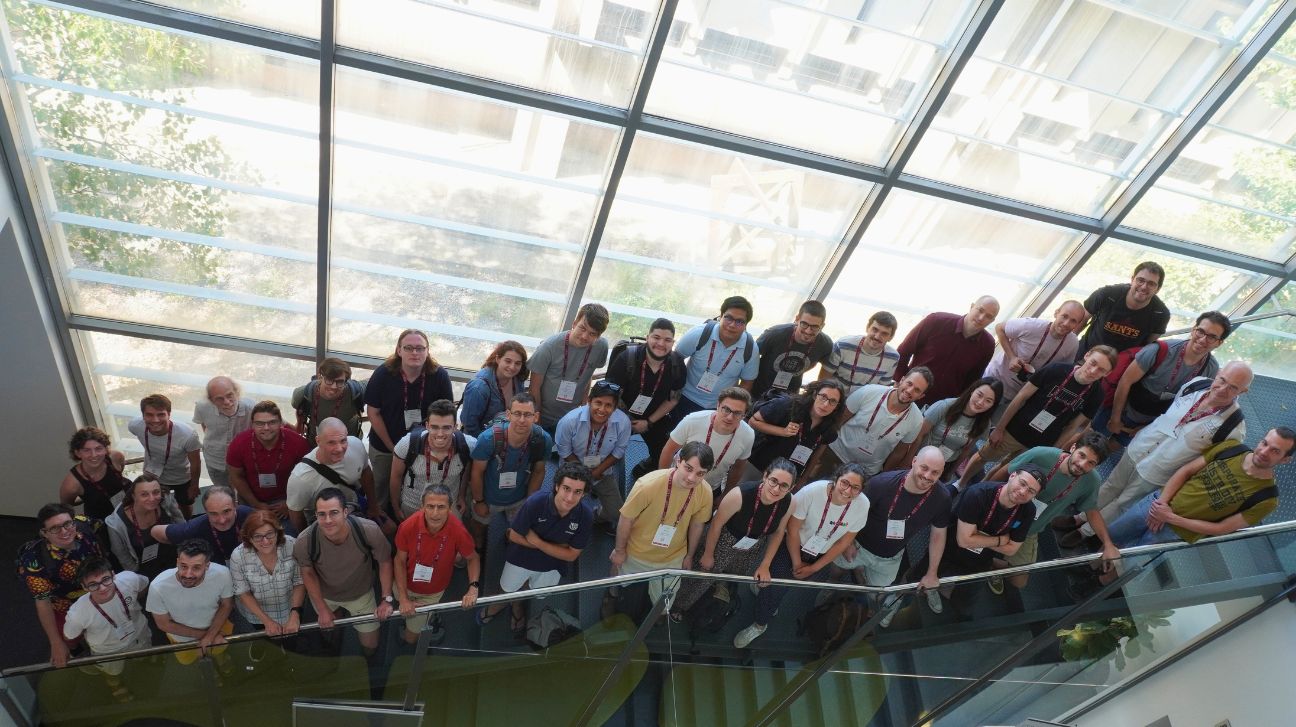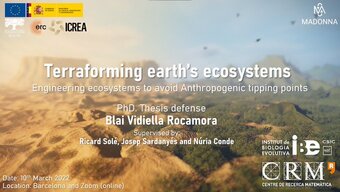
Blai Vidiella Rocamora is currently a researcher at the Nonlinear Dynamics and Evolution (NoDE) Lab at CRM.
“Terraforming Earth’s ecosystems: engineering ecosystems to avoid anthropogenic tipping points“.
Supervisors: Ricard Solé (UPF), Josep Sardanyés (CRM) and Núria Conde (UPF).
Terraformation is a concept that originated in science-fiction literature, in which a non-habitable planet can be transformed into one that is similar to Earth. Nature is currently changing fast, with the poles melting, ocean biodiversity vanishing due to plastic pollution, and deserts spreading at an uncontrollable rate due to the climate crisis.
This thesis is a first step towards the development of new techniques to combat the harmful tendencies that endanger ecosystems. These techniques are not only based on the introduction of new species, but also on the engineering of autochthonous microbial species that are already adapted to the environment. When they are reintroduced, such engineering may strengthen their functions and capabilities, helping them to recover the (host) ecosystem. Microbes should be able to cause a bottom-up change in the ecosystem from the micro-scale to the macro-scale, thanks to these new designed functionalities. To accomplish this, the Terraformation strategy must bring together many different fields of research. The focus of this thesis is on the study of the outcomes of species-environment interactions (Ecology), achieving desired modifications through genetic engineering of wild-type species (Synthetic Biology), and monitoring the evaluation of current ecosystem states, testing possible changes, and predicting the future development of possible interventions by means of mathematical modeling (Dynamical Systems).
The methodology is based on loops between observation, designing, and prediction. A model is performed to understand the different possible dynamics by means of dynamical equations. Also, spatial models have been studied to predict their ability to modify the spatial organization of vegetation. The type of transition underlying the occurring tipping point determines the transient dynamics. As a result, a variety of systems are investigated in this thesis, including vegetation dynamics with facilitation (typical of drylands), cooperator-parasite systems, and a trophic chain model in which various human interventions can be tested. All of these systems are shown to promote different types of transitions and each of them has its own dynamical fingerprint. Therefore, knowing them can help monitoring and anticipate these transitions even before they occur, taking advantage of the so-called early warning signals.
In this work, it is found that transients can be a significant phenomenon in today’s rapidly changing environments. Ecosystems that we witness can be caught in a seemingly stable regime but are actually in an unstable state that will lead to a future abrupt collapse.

Image representing the complexity of tipping points as illustrated here by a catastrophic transition. The melting clock reminds us of the presence of long delays and transients dubbed ’ghosts’ in bifurcation theory (drawing by Ricard Solé, 2021).
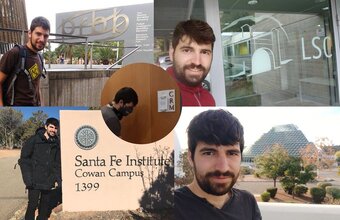
In this Image, Blai Vidiella Rocamora with the institutions that have made possible his research, from left to right: Complex Systems Lab at Parc Recerca Biomèdica Barcelona (PRBB), Laboratorio Subterráneo Canfranc (LSC), Santa Fe Institute, Biosphere 2 and the Centre de Recerca Matemàtica (CRM, middle photograph).

CRM Comm Team
Anna Drou | Paula Lomascolo | Pau Varela
Niclas Rieger defends his PhD thesis on data-driven climate analysis and marine pollution
Niclas Rieger defended his PhD thesis at the Institut de Ciències del Mar, culminating a research journey focused on extracting insights from both massive climate datasets and scarce environmental observations. Developed within the European CAFE...
A Day of Higher Structures in Symplectic and Poisson Geometry, with Summer Tapas at UPC Barcelona
The event "A Summer Tapas Invitation to Higher Structures in Symplectic and Poisson Geometry I", held on July 7, 2025, at EPSEB–UPC, featured talks by Alejandro Cabrera, Chenchang Zhu, Miquel Cueca, and Mario Garcia-Fernandez, offering a rich and informal exploration...
Luís Álamo, premi al millor pòster a la SFMC 2025 per un treball dirigit per Jezabel Curbelo
Luís Álamo, estudiant del màster FISYMAT de la Universitat de Granada, ha guanyat el premi al millor pòster a la conferència 3rd Spanish Fluid Mechanics Conference (SFMC25) amb un treball sobre estructures coherents Lagrangianes, basat en el seu...
Three CRM Researchers Invited to Speak at the 2026 International Congress of Mathematicians
From left to right: Xavier Cabré, Joaquim Ortega (photo by Xènia Fuentes, UB), and Xavier Tolsa. Three researchers affiliated with the Centre de Recerca Matemàtica (CRM), Xavier Cabré, Joaquim Ortega-Cerdà and Xavier Tolsa, have been invited to...
Gissell Estrada, beca Leonardo 2025 per explorar la migració col·lectiva amb matemàtiques i robots
L’investigadora Gissell Estrada Rodríguez, professora a la UPC i adscrita al CRM, ha rebut una Beca Leonardo 2025 per desenvolupar un projecte que combina matemàtiques i robòtica per estudiar la migració col·lectiva en sistemes vius i artificials....
JISD 2025 – Where Dynamical Systems Meet PDEs
JISD 2025, held at the Centre de Recerca Matemàtica (CRM) from June 30 to July 4, 2025, featured four advanced minicourses delivered by Dmitry Dolgopyat (on averaging and Fermi acceleration in dynamical systems), Serena Dipierro (on the theory of nonlocal minimal...



